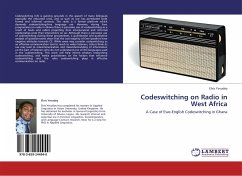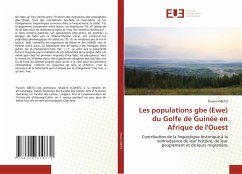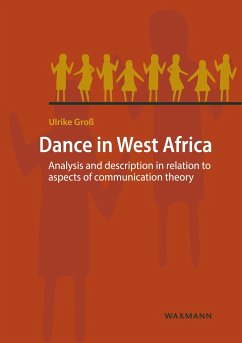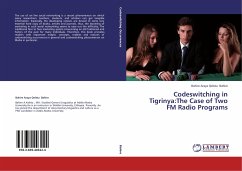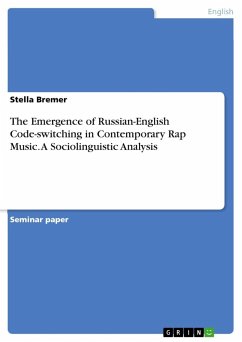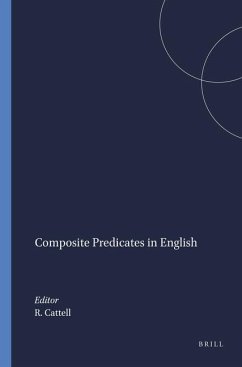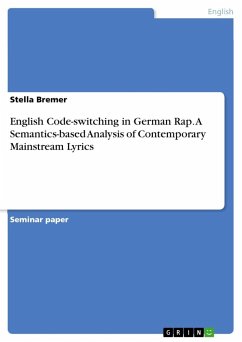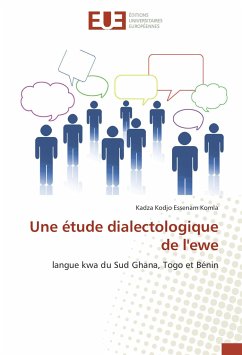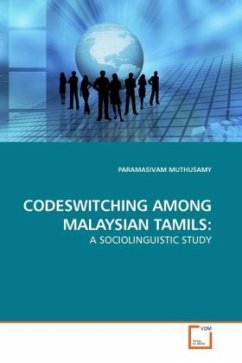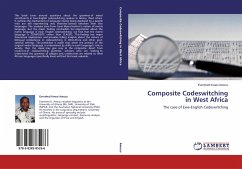
Composite Codeswitching in West Africa
The case of Ewe-English Codeswitching
Versandkostenfrei!
Versandfertig in 6-10 Tagen
52,99 €
inkl. MwSt.

PAYBACK Punkte
26 °P sammeln!
This book turns around questions about the grammar of mixed constituents in Ewe-English codeswitching, spoken in Ghana, West Africa. It outlines the mechanisms of language mixing being deployed by a people who are still experiencing very intensive contact between their two languages. The analyses stem from Carol Myers-Scotton's notion of matrix language, but the major finding contradicts her expectation about the matrix language in Ewe- English codeswitching: we find that the matrix language is COMPOSITE rather than CLASSIC. This finding has major theoretical implications and provides telling ...
This book turns around questions about the grammar of mixed constituents in Ewe-English codeswitching, spoken in Ghana, West Africa. It outlines the mechanisms of language mixing being deployed by a people who are still experiencing very intensive contact between their two languages. The analyses stem from Carol Myers-Scotton's notion of matrix language, but the major finding contradicts her expectation about the matrix language in Ewe- English codeswitching: we find that the matrix language is COMPOSITE rather than CLASSIC. This finding has major theoretical implications and provides telling insights about the nature of bilingual competence in codeswitching in West Africa and other post-colonial settings. The prediction is made that when the primacy of the original matrix language is undermined by shifts in each language's role in society, then the classic may give way to the composite. Apart from students of codeswitching grammar, scholars who are seeking to understand the grammar of pidgins and creoles that are related to West African languages (specifically Kwa) will find this book valuable.



